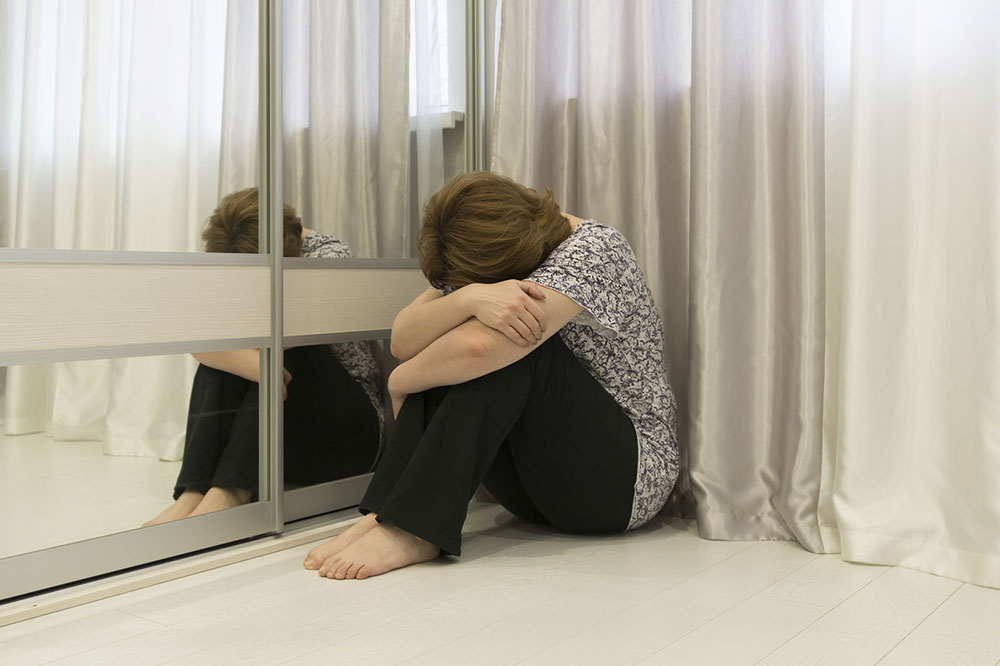
5 Tips to Help Manage Bipolar Depression
Bipolar disorder, also referred to as manic depression, is a mental disorder caused by a combination of genetic and environmental factors, alongside alterations in brain chemistry. It is characterized by heavy mood swings that range from manic highs to depressive lows. During these lows, people diagnosed with bipolar disorder tend to get violent and dangerous, and they may even resort to self-harm.
Lifestyle changes and dietary alterations can help manage these symptoms, but they cannot cure the condition. Here are some lifestyle changes that can prove beneficial for patients:
Sleep
Although it’s easier said than done when it comes to bipolar disorder, patients should get enough sleep, as it plays a huge role in altering a person’s mood. One should ensure that their room is cool and comfortable to induce proper sleep and ensure good rest. Patients should also avoid stressful situations before bed, including straining their eyes through screen time and reading and studying for hours. One should not eat a heavy meal or consume alcohol before sleeping.
Diet
Patients should consume food items tailored to their requirements. Eating right and avoiding harmful foods can make a huge difference when it comes to managing the symptoms. Over 68% of people with bipolar disorder are obese or overweight, so one should try to maintain a healthy weight by eating right and exercising regularly. Also, patients should ensure that they follow a healthy diet and eat at the right time. One can make a meal plan after consulting with their doctor or nutritionist and stick to it.
Exercise
Exercise can aid weight loss and facilitate the proper working of the body. There is no direct link between exercising and bipolar disorder, but exercising can boost mood, which can be extremely helpful when a bipolar patient is experiencing lows.
Practise moderation
People with bipolar disorder generally tend to engage in addictive behaviors. More often than not, these addictions are mostly alcohol and harmful substances, but they can worsen the symptoms and increase the vulnerability of the patient’s mind. Raising awareness, seeking help and support, and visiting a therapist can help patients stay away from such habits.
Managing an episode of extremity
It is quite hard to prevent or cure manic situations, but people close to the affected person can detect an episode as the condition advances. If such a situation occurs and one is about to experience a manic episode, they can take the following steps:
- Visit a doctor if one hasn’t taken treatment for a long time
- Ensure that the medication is working effectively
- Maintain a healthy sleeping pattern
- Avoid all stressful situations, especially before bedtime
- Keep track of moods and feelings, take note of triggers, and try to stay away from them



